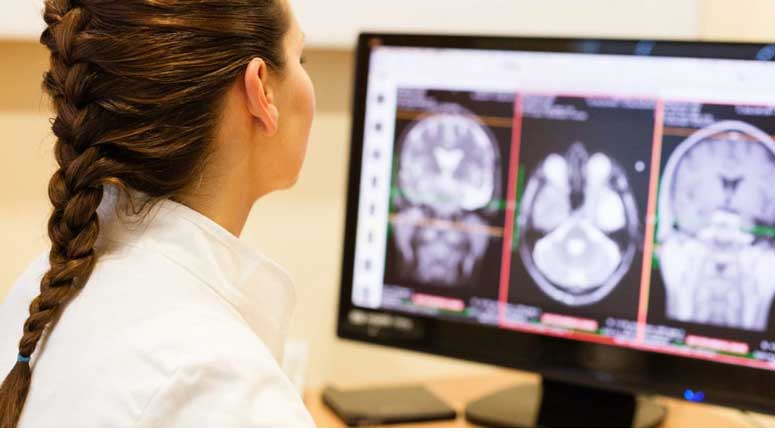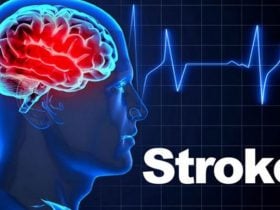Brain aneurysm, also known as intracranial aneurysm [1] is when a blood vessel in the brain becomes weak, swells up, and is filled with blood. There are three types of brain aneurysms (BA) namely; leaked, ruptured, and unruptured.
If you start to experience symptoms of leaked or ruptured brain aneurysms, it is best to visit your doctor for a diagnosis. If left untreated, it could worsen and become ruptured which is a health emergency. This is a life-threatening condition that requires immediate medical attention. The enlargement of the vessel usually occurs between the underside of the brain and the base of the skull. It can leak or rupture, causing life-threatening bleeding.
It is important to note that most brain aneurysms don’t rupture so you may never experience symptoms for a long time. In most cases, a ruptured brain aneurysm was diagnosed during tests for other conditions. However, there are a few signs and symptoms that may suggest this condition.
Common Signs and Symptoms of Cerebral Aneurysm

There are different types of brain aneurysms, and they all have specific symptoms associated with them. Studies have shown a long list of symptoms for brain aneurysms. The signs begin to manifest due to the pressure from the swollen artery on the surrounding nerves. The artery may also start to bleed, causing complications and more serious symptoms.
Here are some of the early warning signs: [2]
- Sudden & severe headache
- Loss of balance/dizziness/lightheadedness
- Memory loss and difficulty concentrating
- Pain or pulsation right above or behind one eye
- A dilated pupil
- Eyesight problems like blurriness or double vision
- Numbness in one side of the face
- Difficulty speaking or incoherent speaking
- A drooping eyelid
- Loss of consciousness
- Difficulty thinking clearly
- Sudden and severe headache (pounding feeling in the head)
- Nausea and vomiting
- Stiff neck
- Blurred or double vision
- Extreme sensitivity to light
- Seizure
Visit your health practitioner as soon as possible if you are experiencing any of these symptoms to prevent them from getting worse and causing health complications. Although most aneurysms do not rupture, it’s is always a good idea to get them checked in case treatment is necessary.
Now, let’s examine these symptoms closely and how they’re linked to the condition:













